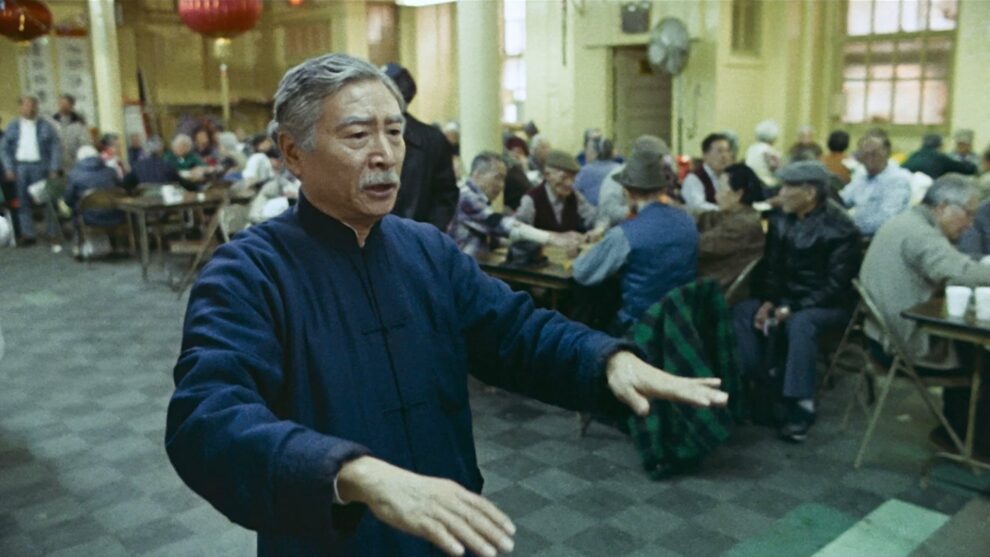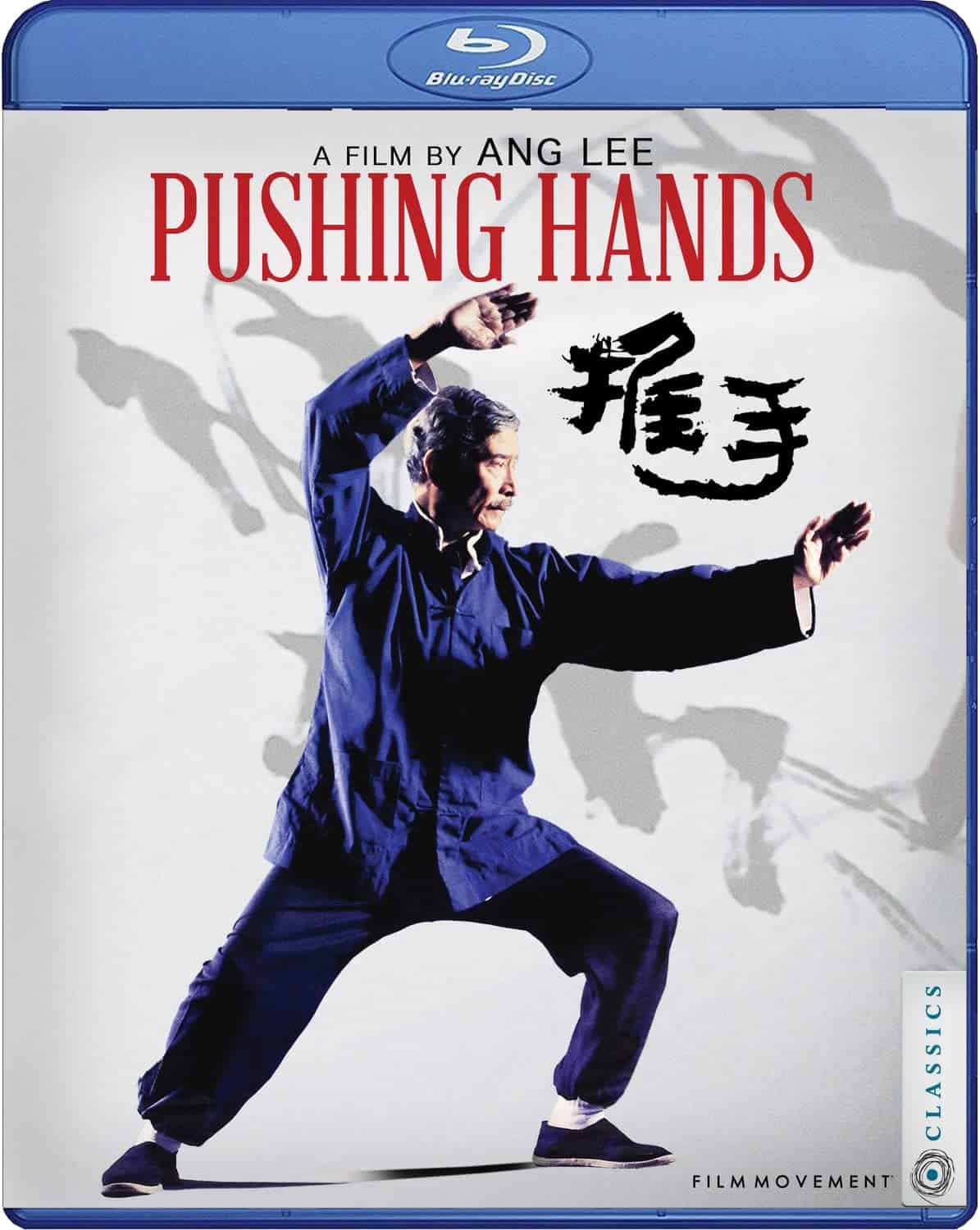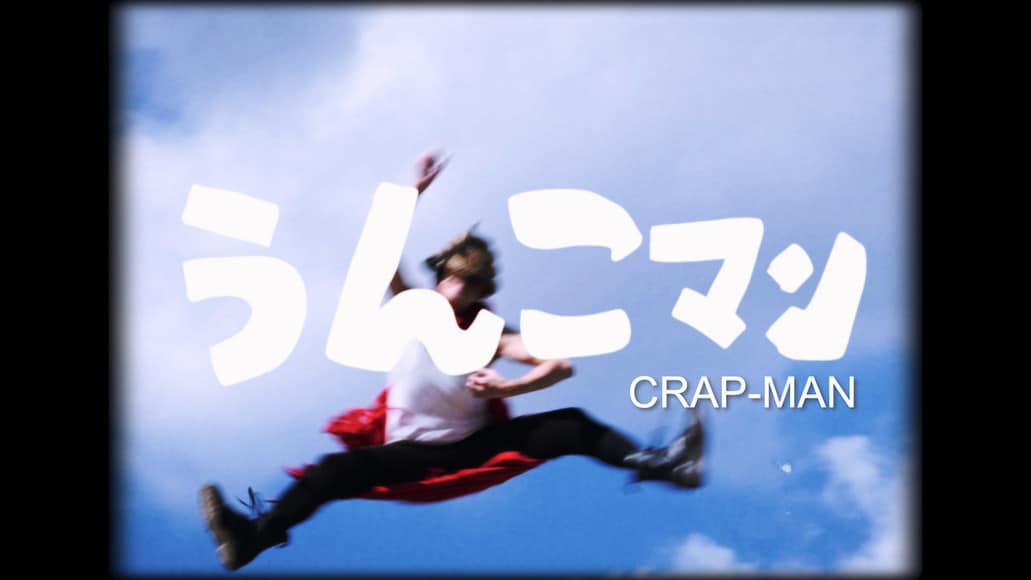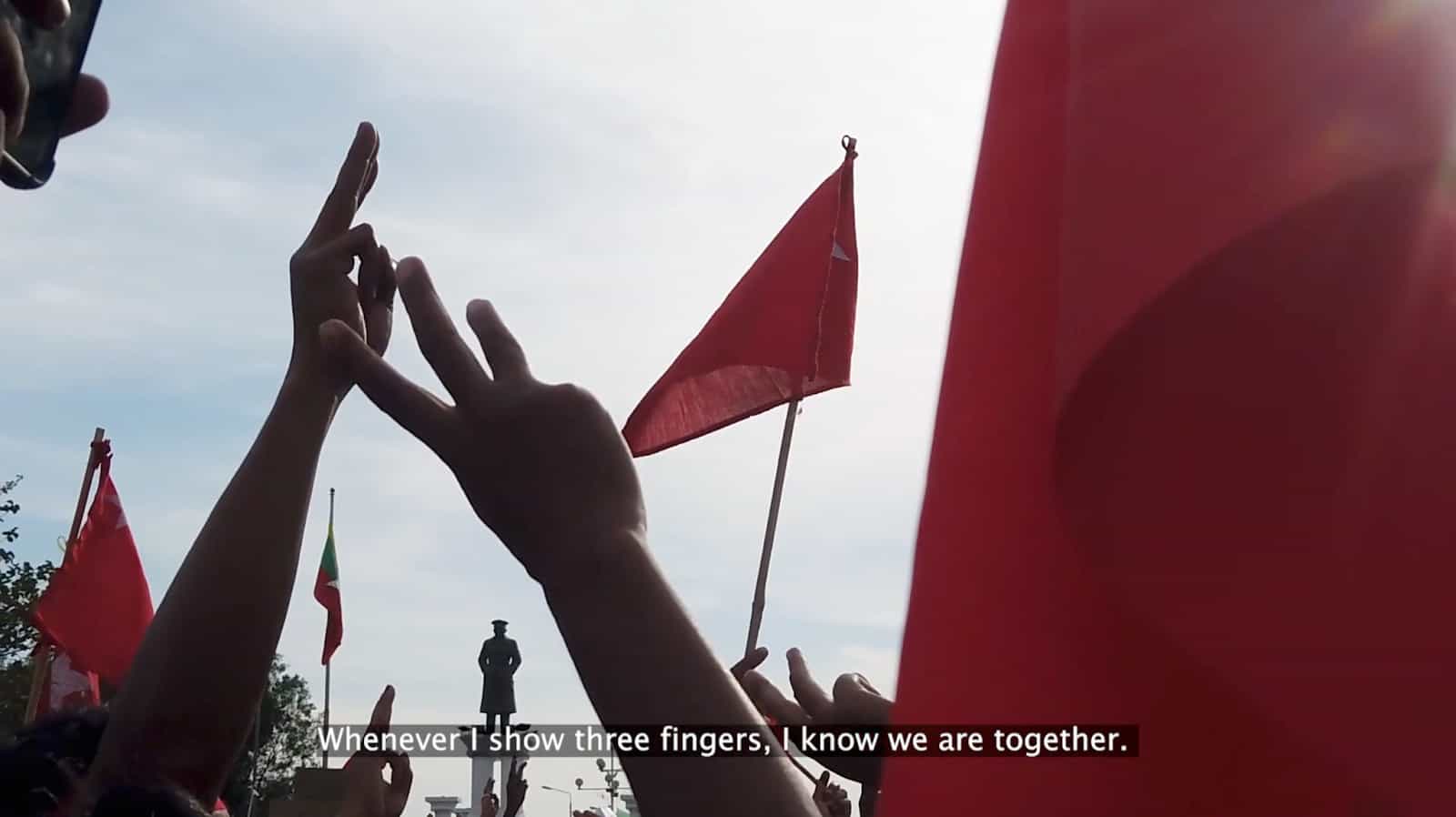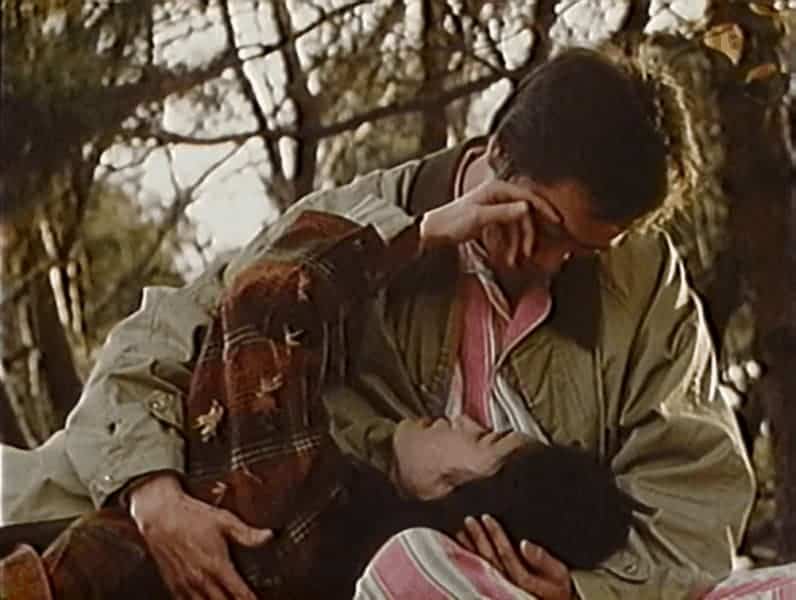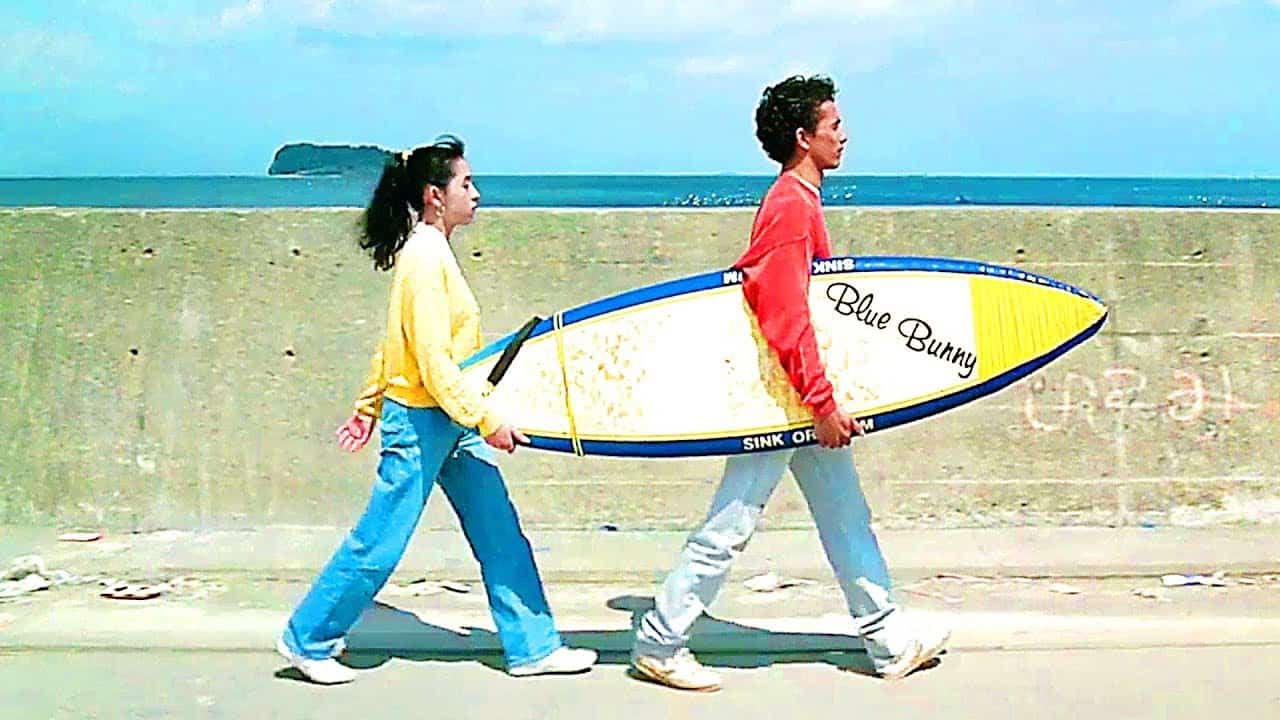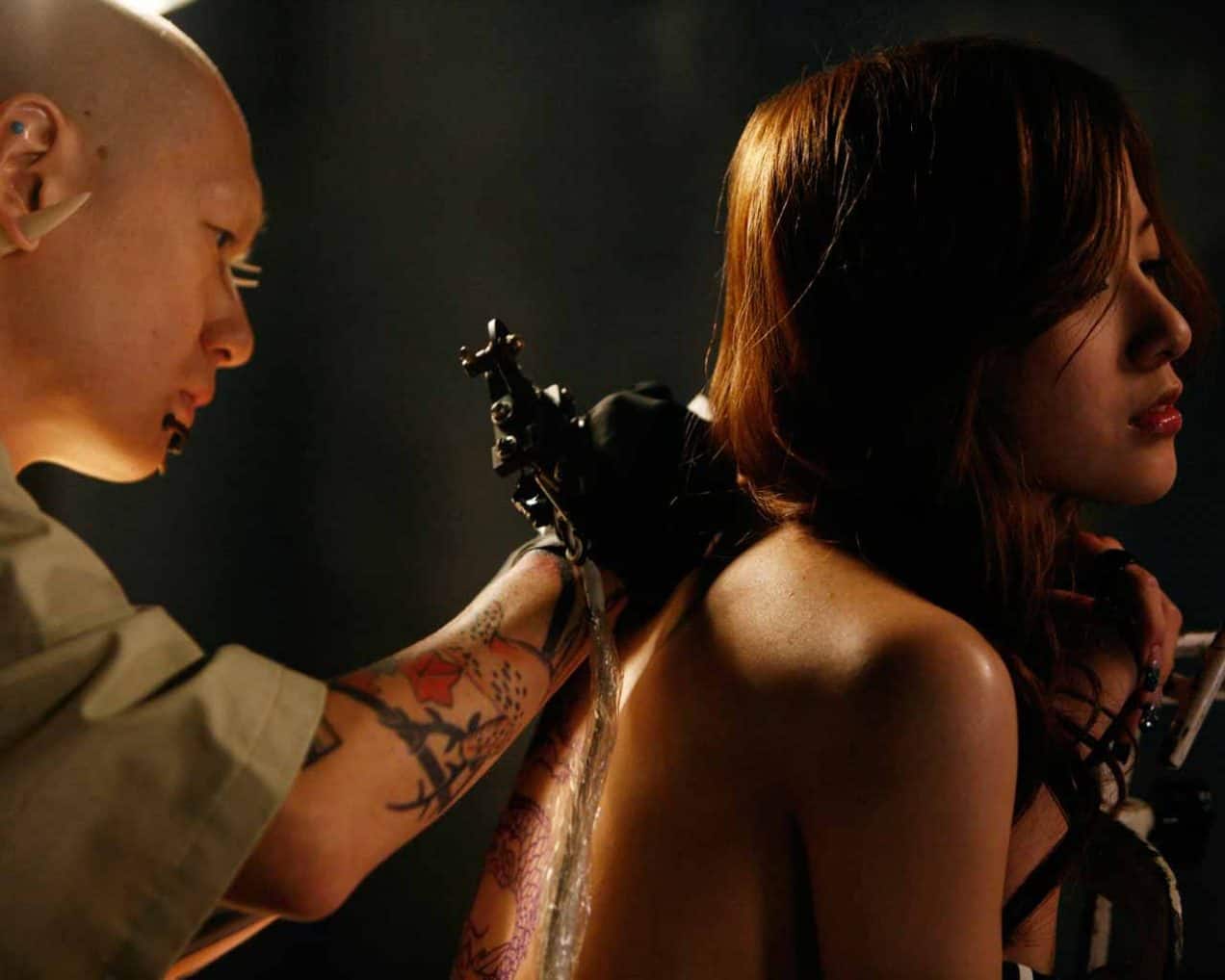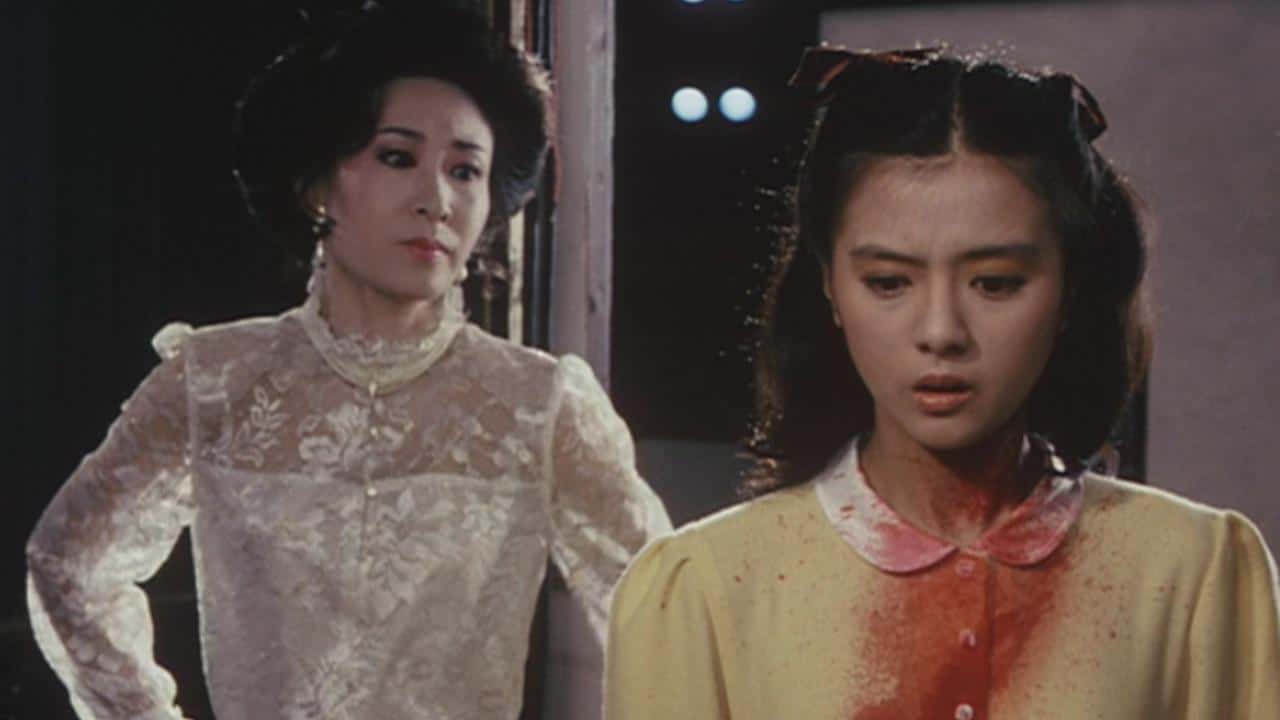After two short features, Taiwanese-born director Ang Lee made “Pushing Hands”, which not only marked the beginning of what would later be known as the “Father Knows Best”-trilogy, but also the foundation of what would define him as a filmmaker. It is also the first collaboration with esteemed actor Sihung Lung, who would revisit the role of the family father in “The Wedding Banquet” and “Eat Drink Man Woman”, as well as work with Lee on his “Crouching Tiger, Hidden Dragon”. “Pushing Hands” refers to a tai chi-routine Lung's character goes through every morning and teaches to his students, which is supposed to be a defense against brute force, which you can see in some scenes in the movie. At the same time, we are introduced to what would be Lee's career-defining themes, most importantly the conflict of tradition and modernity as well as the differences between cultures, in this case the Asian and the American way of life.
Sihung Lung plays Mr. Chu, who has recently moved in with his son Alex (Bo Z. Wang) and his family to their American home. Even though he has already found work giving courses in tai chi at a Chinese cultural center, he has made very little effort to learn English or indeed getting to know the American culture, which he finds irritating and loud. While Alex has grudgingly accepted his father's unwillingness to integrate, his wife Martha (Deb Snyder) finds the presence of her father-in-law equally irritating. Since communication between the two is next to impossible, she is frustrated by many of his hobbies, such as watching Chinese opera or martial arts movies, thus disturbing her work on her new novel.
Eventually, the tension between Martha and Mr. Chu has come to a point where Alex is faced with an impossible choice: either send his father to a retirement home or accept the consequences to his marriage to Martha. However, before he can even make a decision, a misunderstanding leads to an argument within the family, and Mr. Chu learns to accept that his son's family is probably better off without him getting in their way.
Although many directors have laid the groundwork, Ang Lee has managed to create some of the best features telling the story of the Asian diaspora in America, their life, their struggles and their culture. In the case of “Pushing Hands”, he and co-writer James Schamus deal with a variety of subjects, such as the idea of family, the role of the elder within the family unit and the chasm between tradition and modern life (as it was in the 90s). The concepts of home and identity, however, may just be the most interesting aspects as they show the differences in experience between father and son, with the former having left his home and the latter having found it in a foreign culture. Blending drama and comedy, “Pushing Hands” manages to be both quite entertaining and gripping, while at the same time highlighting some of the struggles of people finding their ways to deal with their new and their old cultural identity.
A central aspect to “Pushing Hands” is of course Sihung Lung's performance as Mr. Chu. Although all members of the cast deserve some credit and have their time to shine, Lung's arguably has the most challenging task to carry, balancing the struggle of a man trying to find his way in this new culture while also coming to terms with his past. Tai chi becomes not just a mere exercise to him, but a symbol for his resilience and strength, even though he has to admit he cannot defend himself against everything life throws at him. The image of the father as a strong man, who, as the title of the trilogy suggests, knows best, is reflected in his son, who is equally at odds with the expectation he is traditionally supposed to fulfill and the demands of his American family, which he also cannot and will not neglect. This creates a chasm between two generations, whose portrayal is as heart-warming and touching as it feels authentic.
“Pushing Hands” is a blend of comedy and drama dealing with the gap between tradition and modernity. Ang Lee tells the story of a family, of father and son who each have their own struggle coming to terms with their cultural identity and defining their home.


